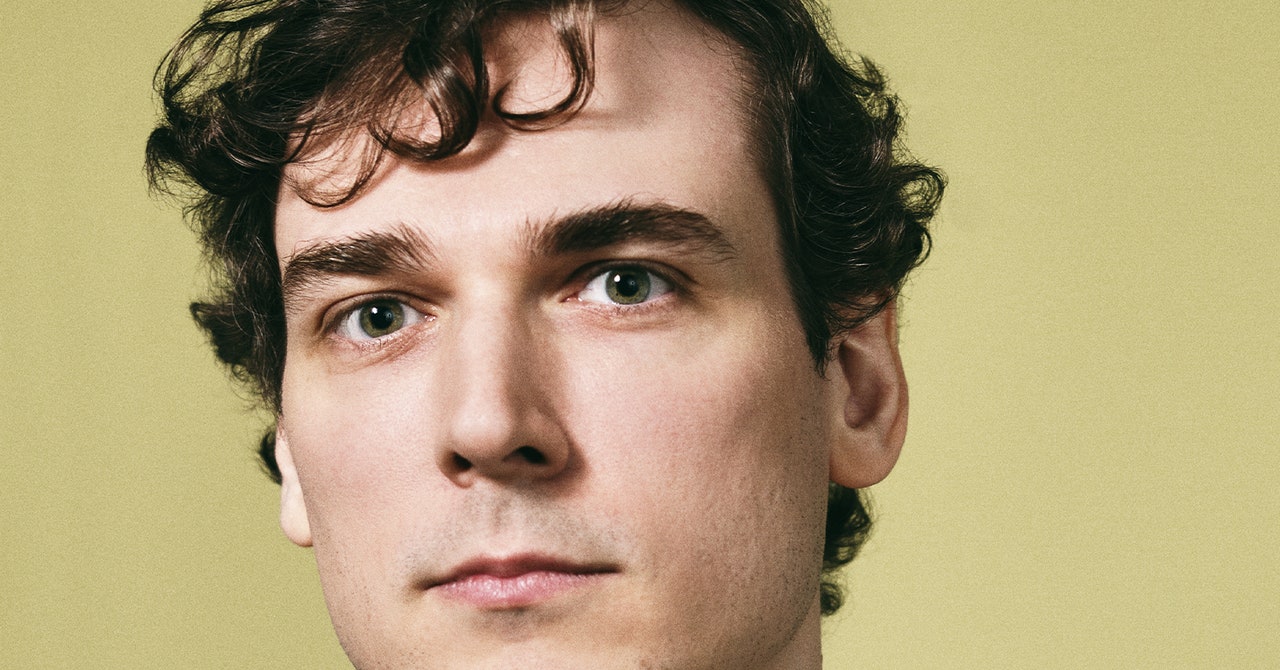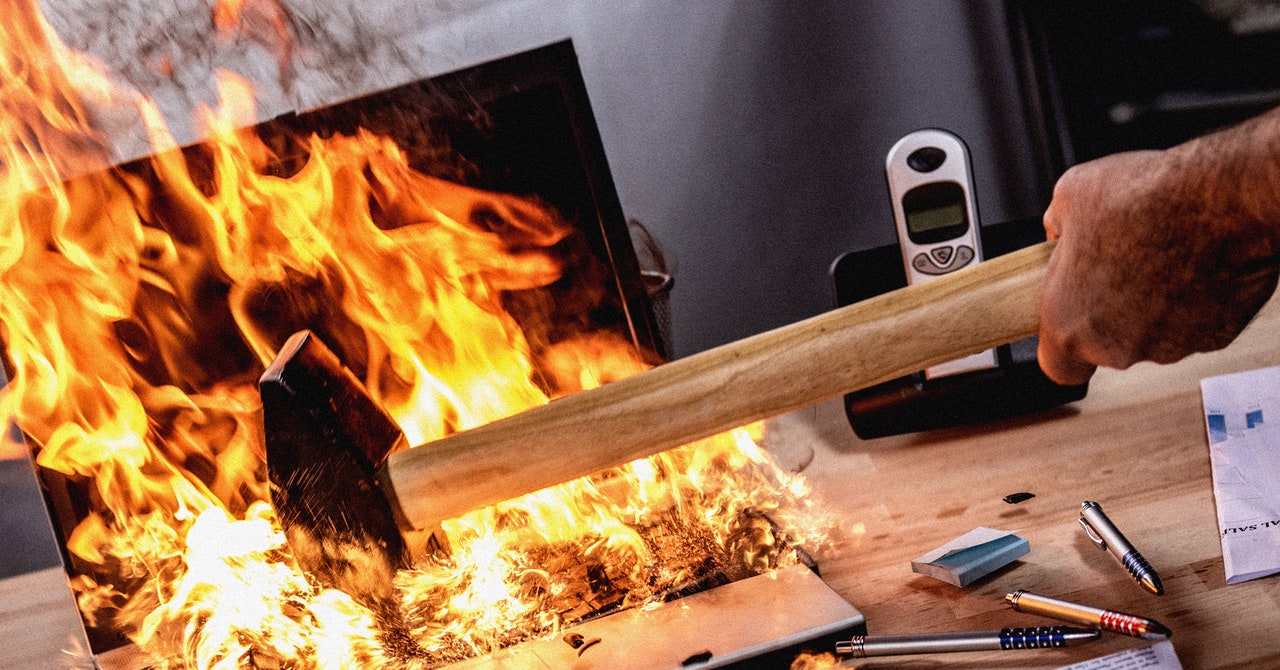Roeland Decorte grew up in a nursing home in Belgium, where he learned to spot the subtle early signs of mental decline in small changes in the way residents walk or talk. When Decorte was 11 years old, his father, who owned and operated the nursing home, began waking up in the middle of the night with chest pains and an overwhelming sense of impending doom.
He went to two doctors who briefly listened to his heartbeat through their stethoscopes and diagnosed him with anxiety. But the symptoms persisted and it wasn’t until he underwent a full suite of scans at a private hospital that a third doctor discovered the source of the problem – a small hole between the left and right chambers of his heart. Left undetected, it would have killed him – he was 39 years old.
Disaster averted, young Decorte managed to focus on his studies and at the age of 17 was already a student at Cambridge University – the youngest Belgian ever to attend the prestigious college. (This caused some logistical problems: his teacher had to become his legal guardian, and a new payment system had to be implemented in the college bar to prevent him from buying alcohol like his peers.)
He spends the next seven years specializing in cracking ancient codes, and a comfortable career in academia (or a more exciting one as an Indiana Jones-style relic hunter) beckons. But Decorte kept thinking about what happened to his father and how he could have been diagnosed much earlier if a doctor, any doctor, had spent more than 30 seconds listening to his heart. So in 2019, with no medical training but armed with the confidence that only an Oxbridge education can provide, Decorte, then 27, founded a company and turned his attention to cracking a different ancient code: the secret rhythm of the heart.
There’s an AI boom in healthcare, and the only thing holding it back is a lack of data. Meanwhile, time-pressed doctors can gather information only sporadically. Wearables like smartwatches may be able to measure heart rate, but they’re bad at more specific diagnoses (partly because the wrist is as far from the truly vital organs as you can get).
Decorte wanted to develop a piece of technology that could monitor the body continuously and precisely so that people like his father could get the treatment they needed more quickly. He started by trying to embed sensors in clothing so that people could track their vital signs without visiting a doctor. He then designed a complex exoskeleton full of sensors to measure all kinds of ailments. This attracted some military interest, but it wasn’t really going to help someone like Decort’s father. “I was very naive,” he said when we met recently in the wood-paneled basement of a cafe in Mayfair, London. “There were about two full-time years where I was just working out of the spare room in my house, doing nothing else.” But the problem he kept running into was noise: unless you could build a contraption that squeezed every sensor right to the skin, there was too much random interference from people moving around the world to get a good idea of what was actually going on in a body.




